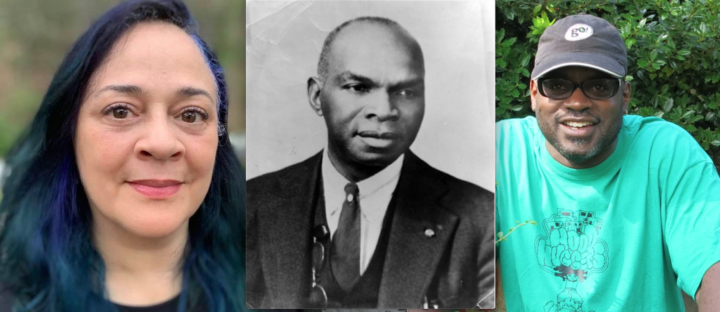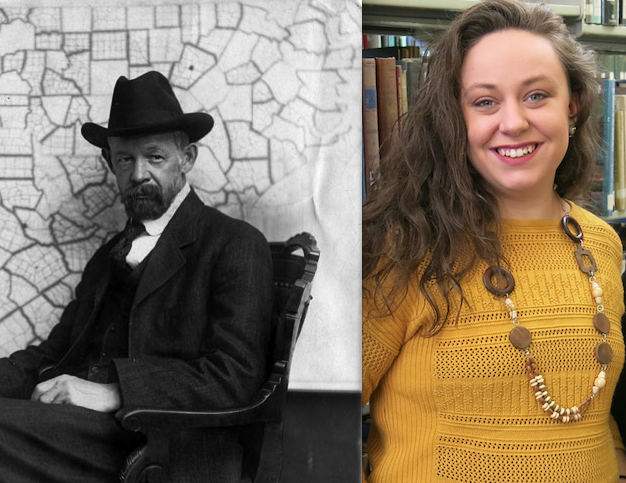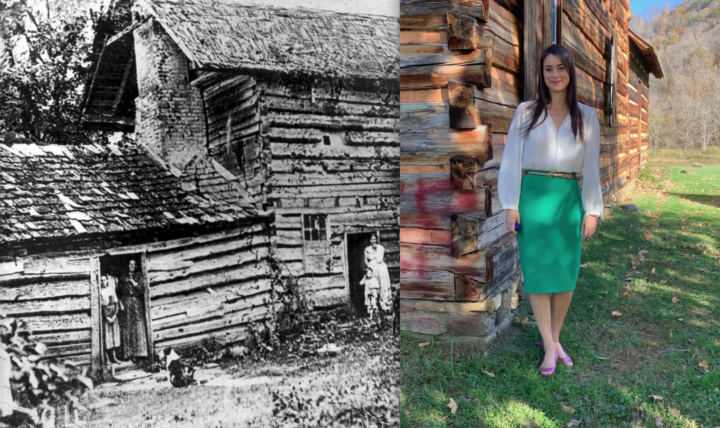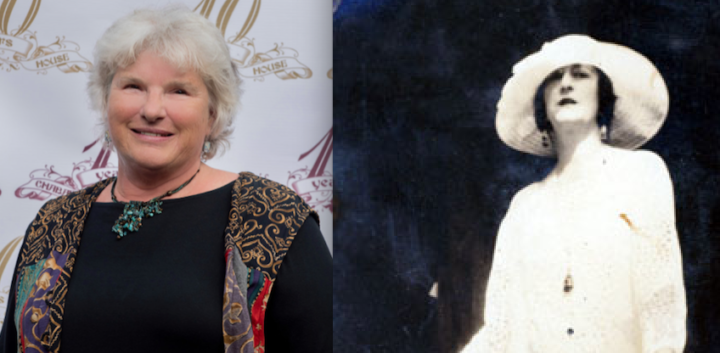As part of the Year in Review issue, Xpress reached out to local historians and asked them the following question: Who from Asheville’s past would have been best suited to manage the many challenges and tragedies our community faced in 2020? Responses, as seen below, ranged from medical experts to community organizers.

Community leader
“A leader from our past who stands out as one who could have met the challenges we’ve faced this past year is E. W. Pearson. His work establishing his Agricultural Fair brought him knowledge around food security. His business knowledge could be applied to aid the struggles of our local businesses. And his experience with living through segregation would have provided him with skills to share in local mutual aid and self-reliance. Like many African Americans who returned from military service, Mr. Pearson assumed a leadership role in the community and was known and respected throughout Asheville and beyond. I’m sure he would have encouraged mask wearing as a public duty!” — Sasha Mitchell, community historian
“I still believe in E.W. Pearson’s blueprint. Not only did he try to address the significant challenges of his time, he also created opportunities for people to celebrate and come together. He created opportunities through civic engagement, entrepreneurship and community development, all while ensuring that the youth were engaged and involved.” — DeWayne Barton, CEO of Hood Huggers International

Someone call a doctor!
“Dr. Louis McCormick, Asheville’s first bacteriologist and public health advocate, would be an asset to Asheville in 2020. Dr. McCormick (of McCormick Field fame) was a pioneer in his time who led a prolific public education campaign that helped to slow the spread of tuberculosis in the city. Dr. McCormick believed the common housefly carried the disease and, with the help of Asheville Citizen cartoonist Billy Bourne, encouraged the public to ‘Swat That Fly!’ to prevent the spread.” — Katherine Cutshall, collections manager at the North Carolina Room, Pack Memorial Library

Perseverance
“Throughout her life, Elizabeth Hemphill exhibited resiliency, experiencing many of the same losses — of money, food, resources, and loved ones — that our communities have faced in 2020. From 1847-1909, Elizabeth farmed the former Vance plantation. Due to financial struggles in 1852, she faced the loss of her home at public auction. Although she raised the winning bid of $1,300, it took everything she had. But her ultimate trial was enduring the Civil War. Like other mountain residents, Elizabeth encountered food shortages exacerbated by raiding parties of soldiers and deserters. The scarcity of salt, a crucial food preservative, also kept families from building up winter stores of meat and produce. As a single mother of four children, Elizabeth persevered, keeping her family intact during the war and holding on to their home in the Reems Creek Valley.” — Kimberly Floyd, site manager of Vance Birthplace

Innovation
“Edith Vanderbilt was a strong, compassionate woman who took over the management of the Biltmore Estate after becoming a widow. Down to earth, community-minded and a socially progressive thinker, Edith also had a head for business, becoming the first female president of the N.C. State Fair and the N.C. Agricultural Society. Initiatives she sponsored included literacy and educational programs and the promotion of crafts, which would enable women to support themselves (Biltmore Estate Industries). In today’s community, I think Edith’s tenacity would provide strong leadership, set goals and offer genuine empathy for those suffering from the effects of the pandemic and economic downturn. Her ties to both the rural sector and urban populations could further their unification. She would help create policies to increase racial justice and decrease police brutality.” — Sharon Fahrer, owner of History-at-Hand



Edith Vanderbilt was really an amazing woman to have come to these parts! ‘The Last Castle’ is fantastic history of how the Estate came to be, but I don’t remember her NC State Fair presidency so that is an interesting fact! Back when social progressivism (without politics) was a positive thing …